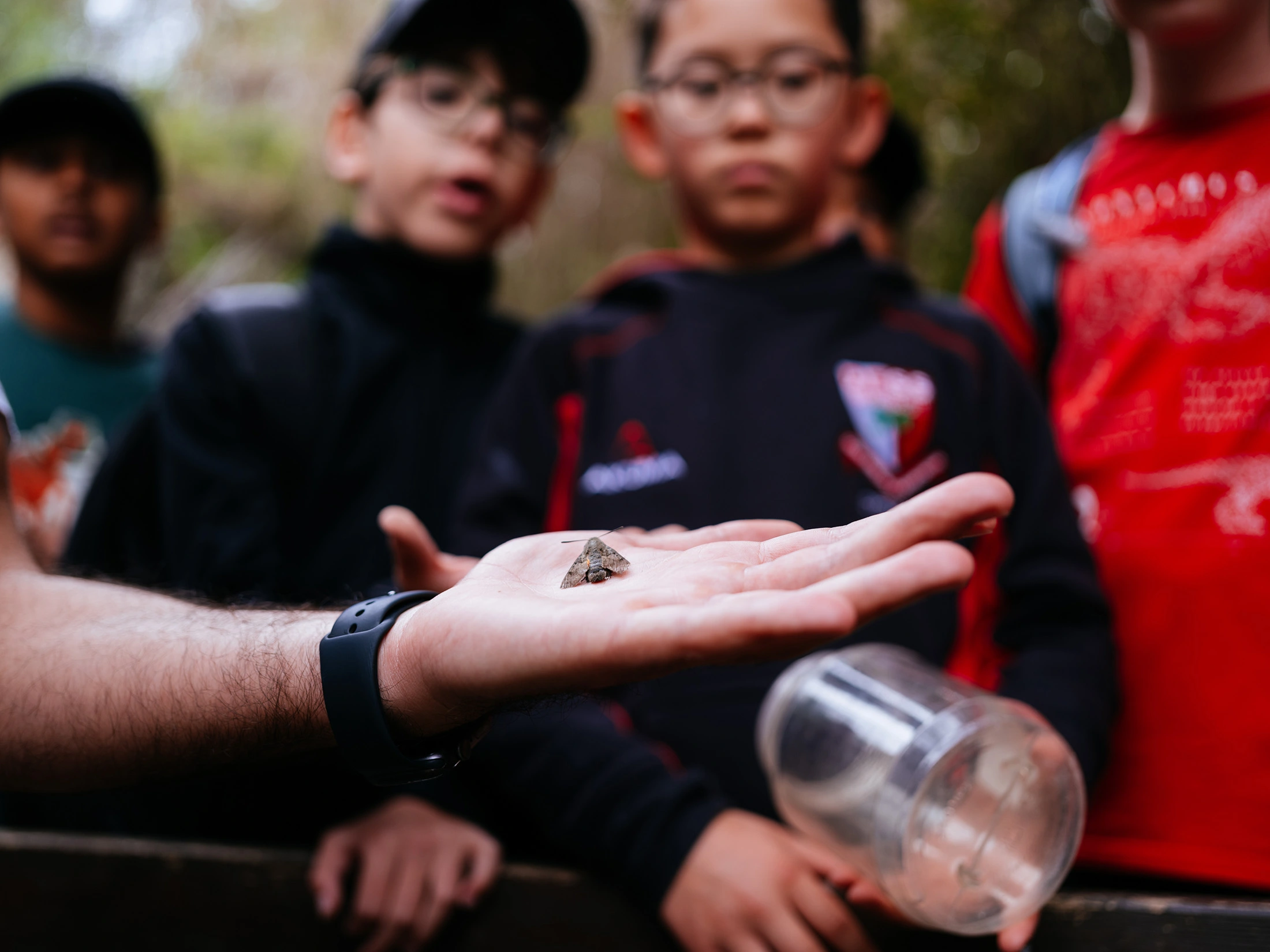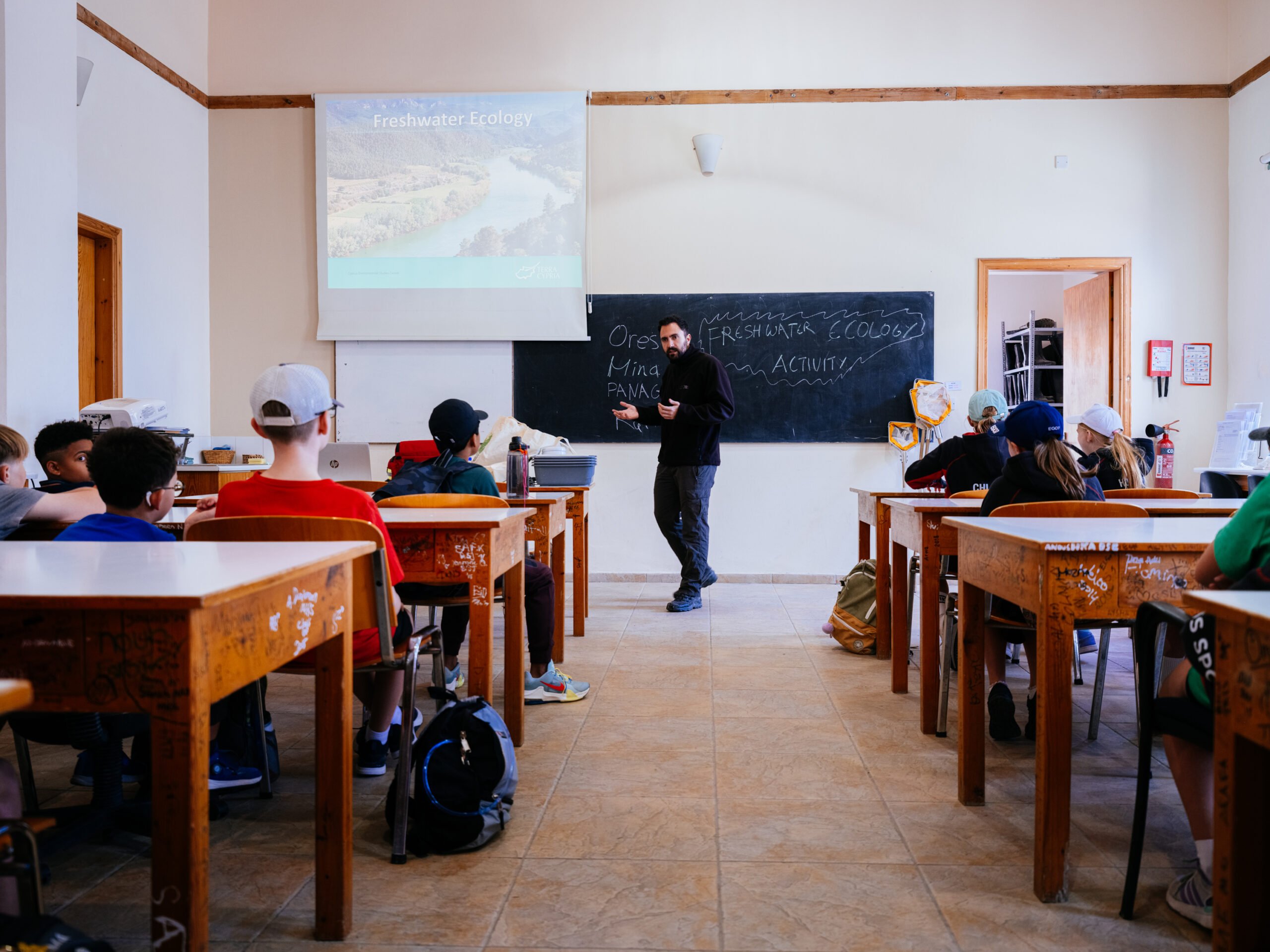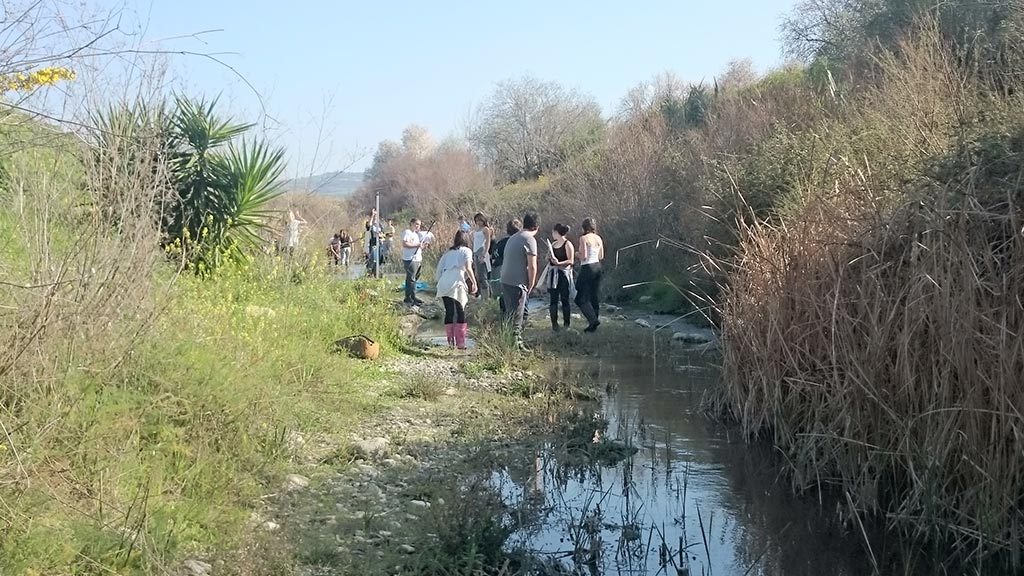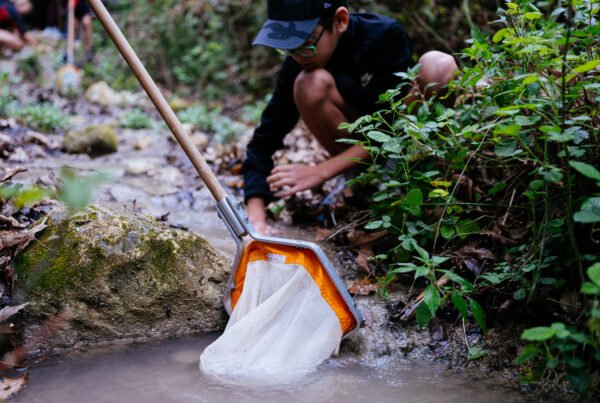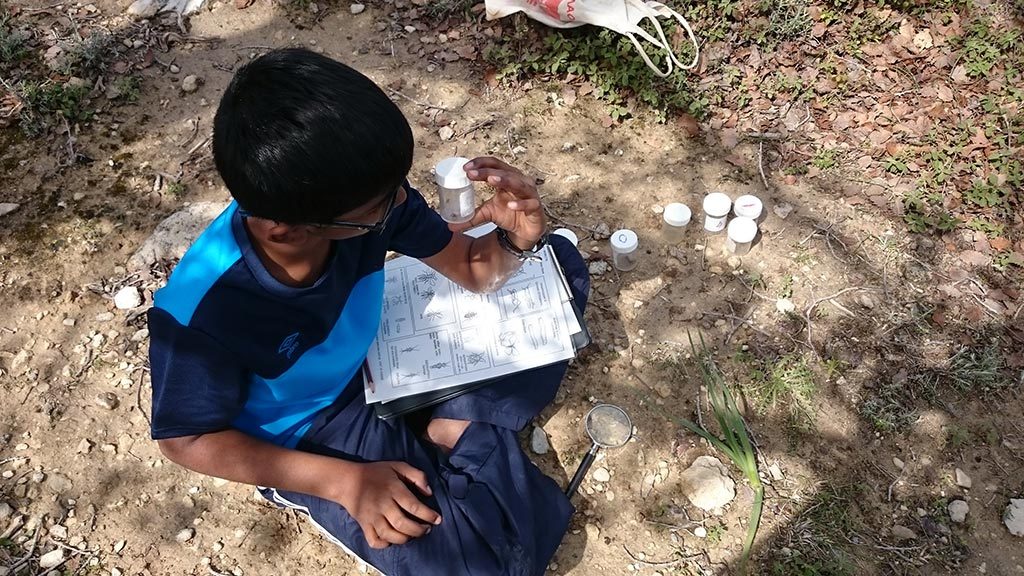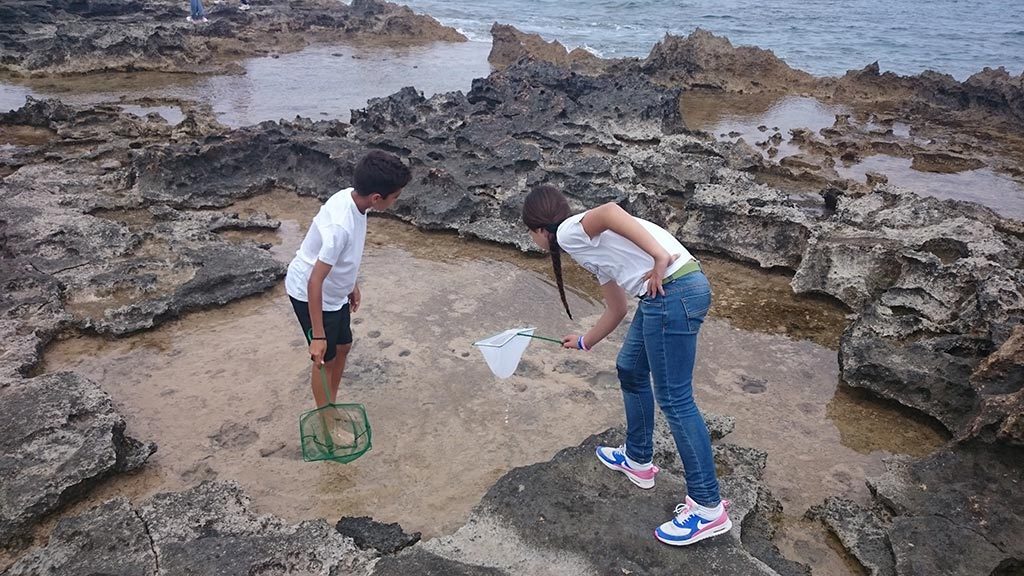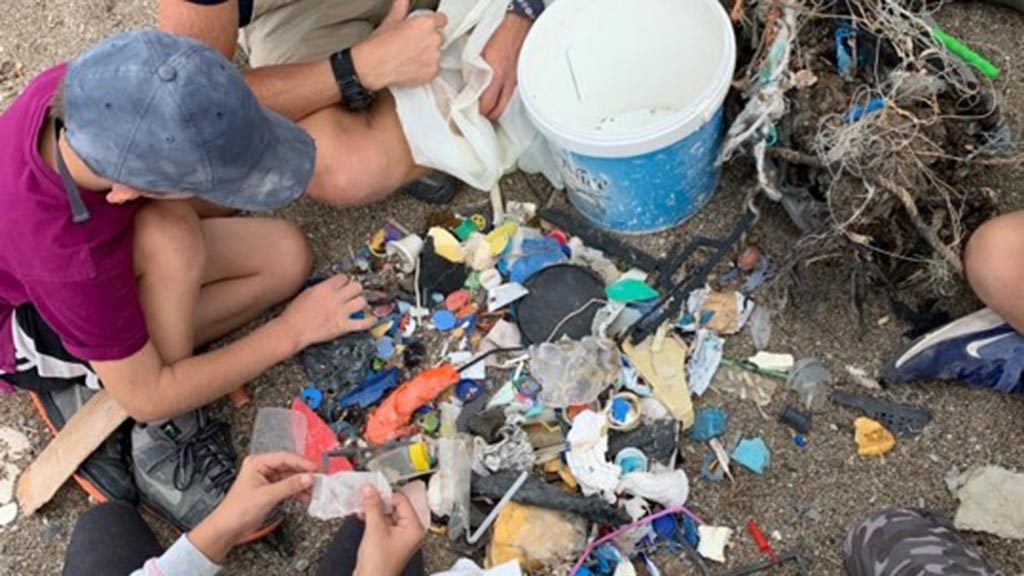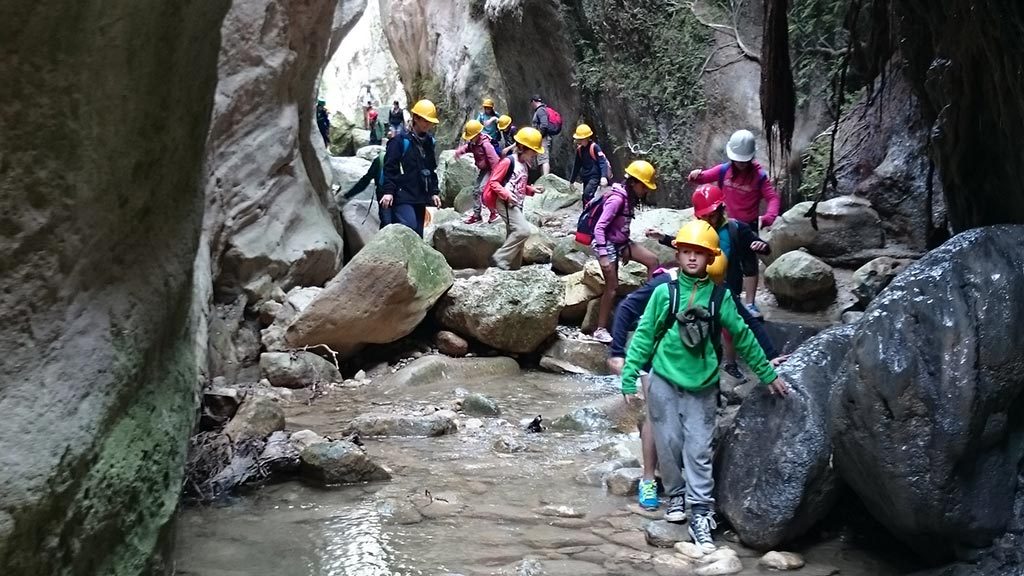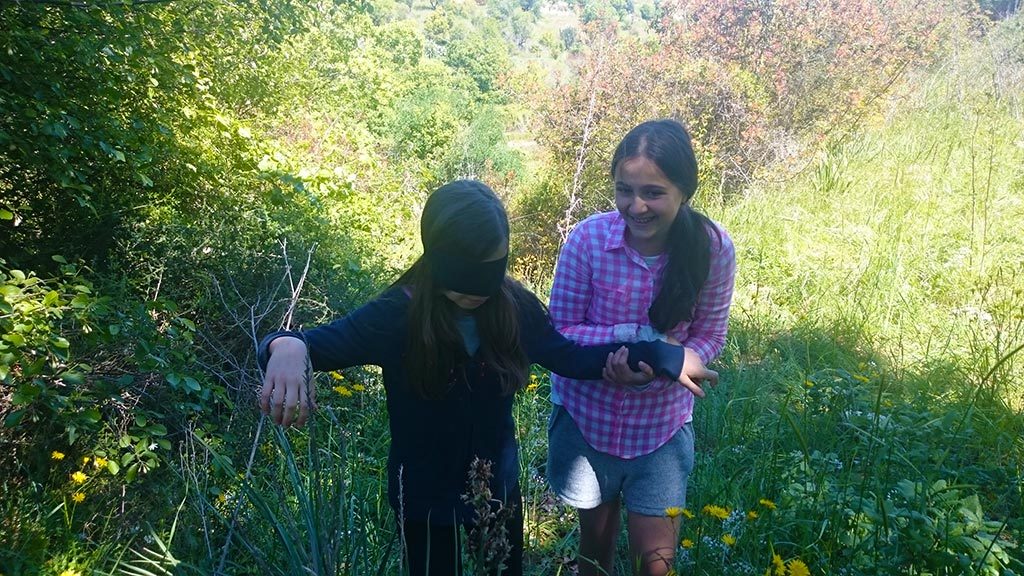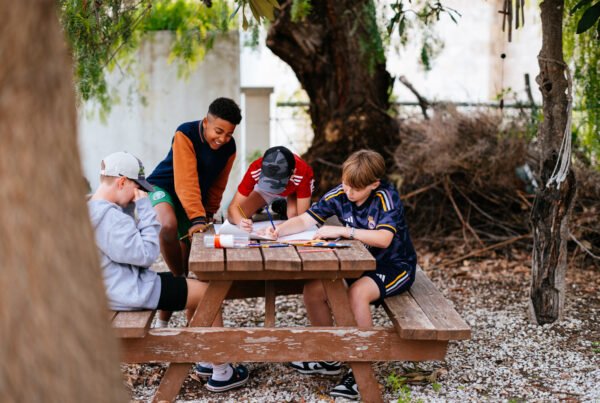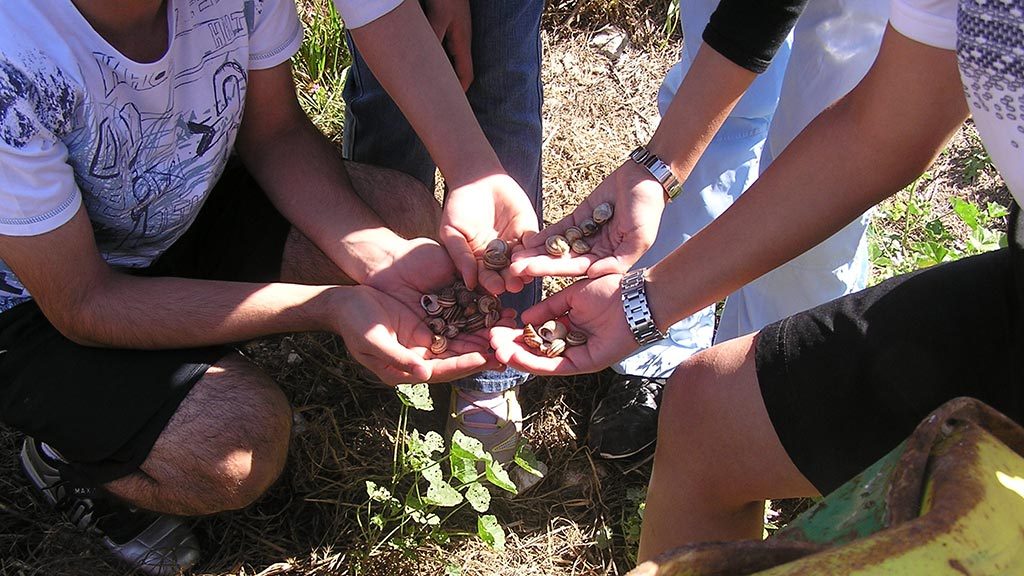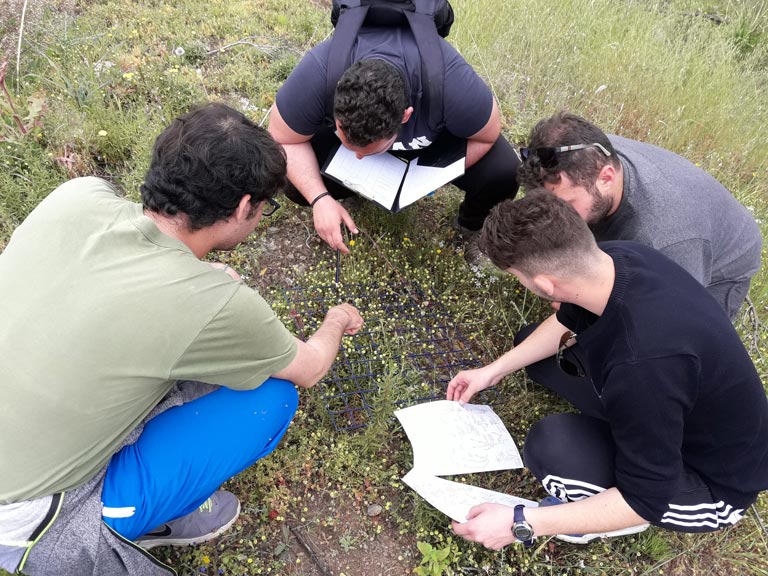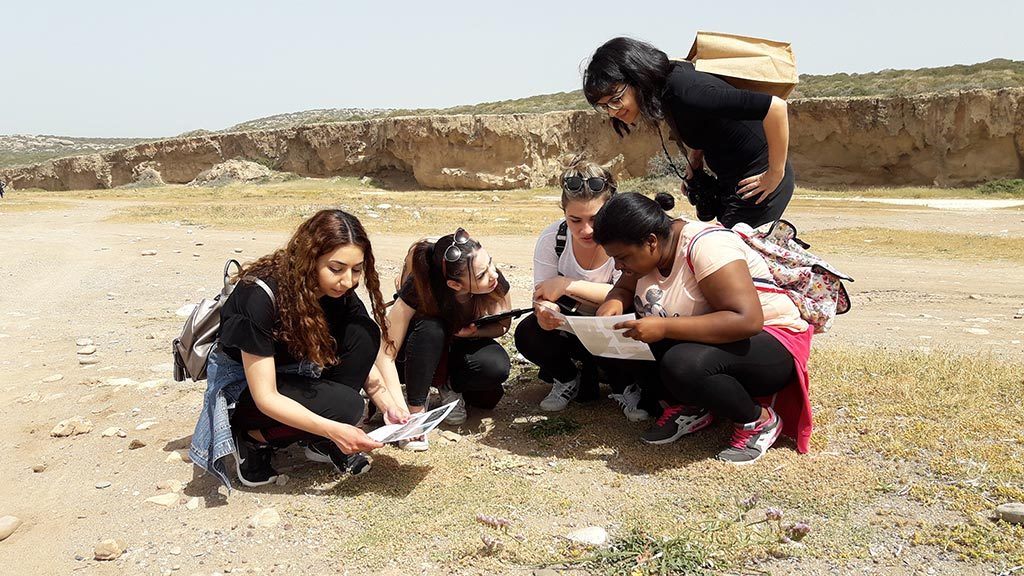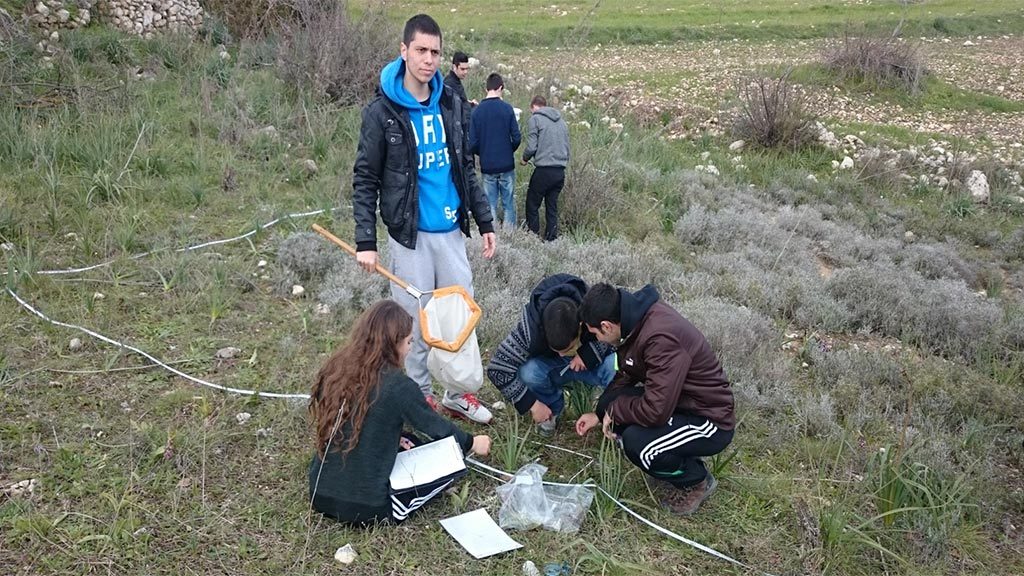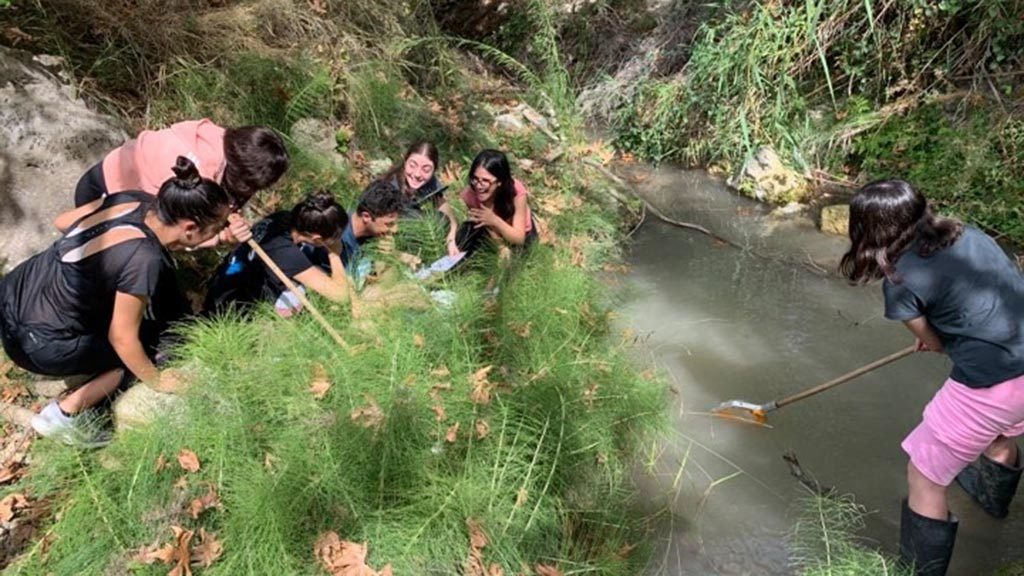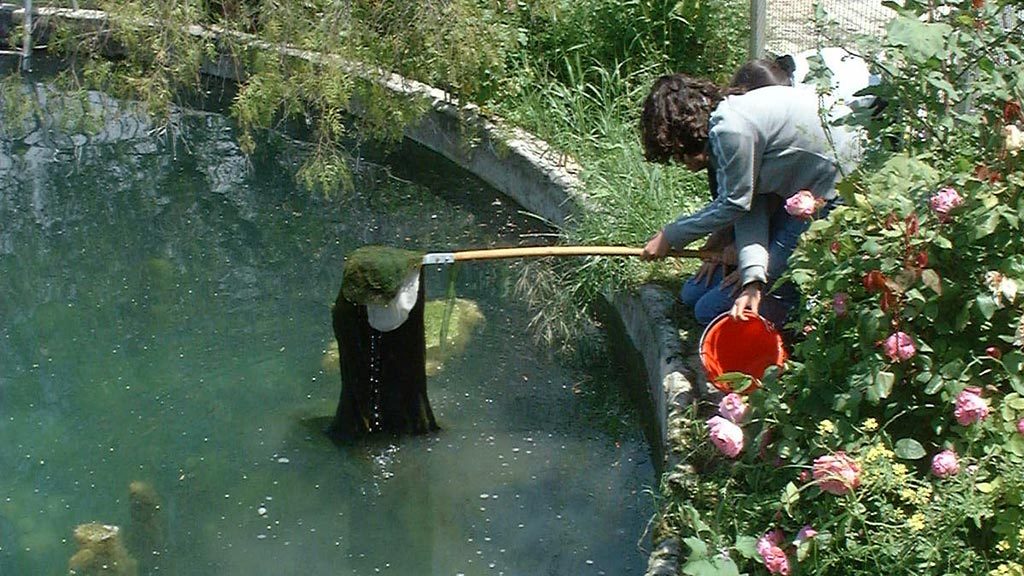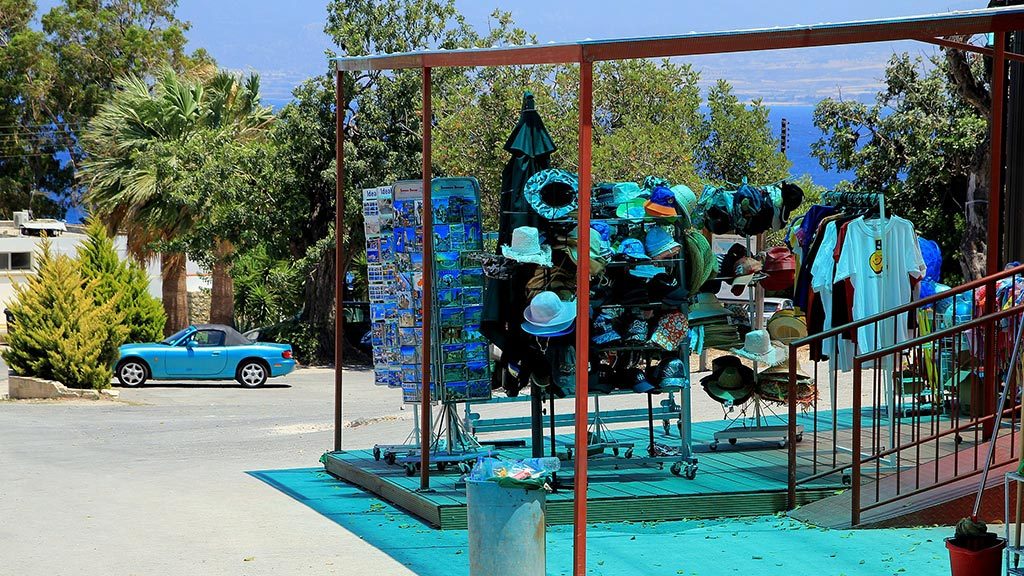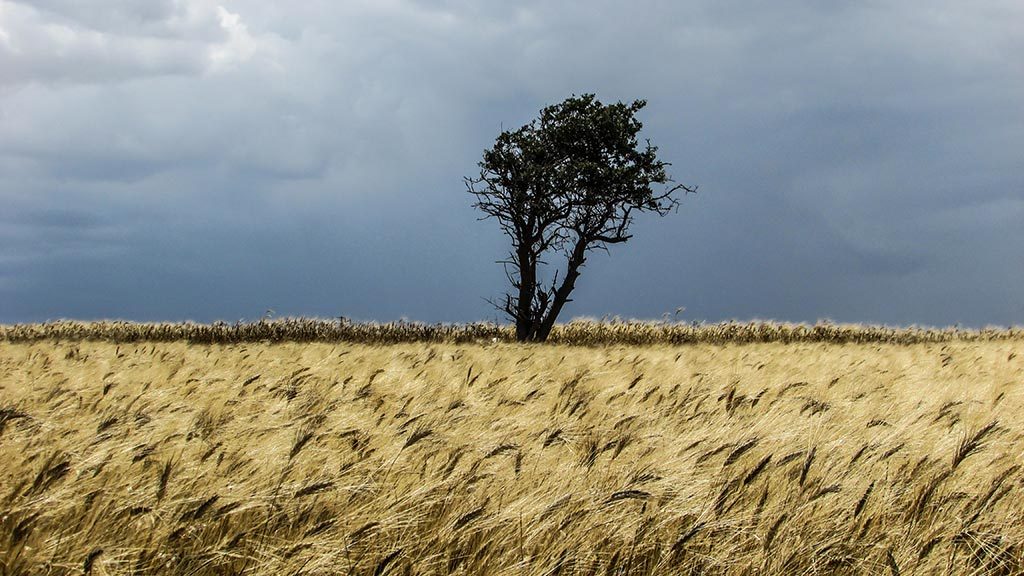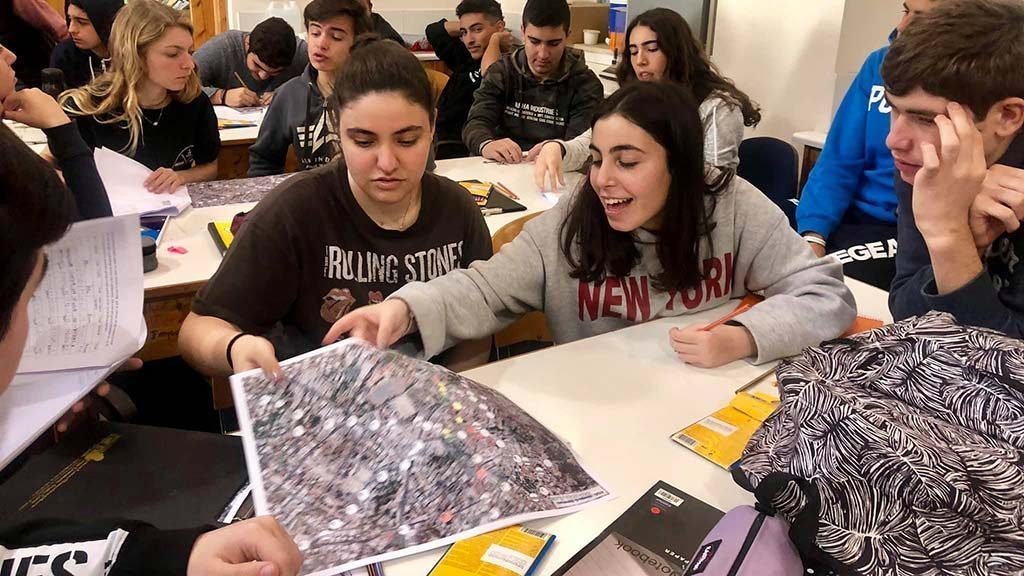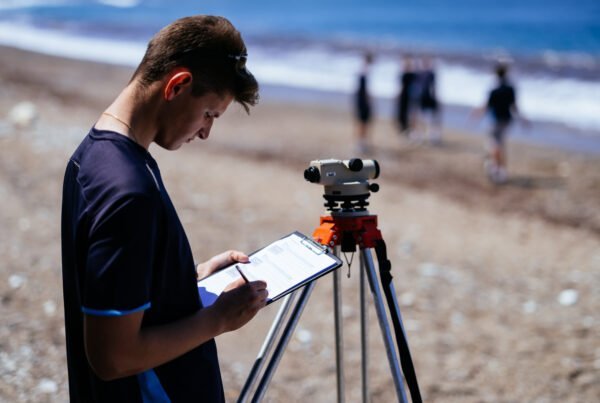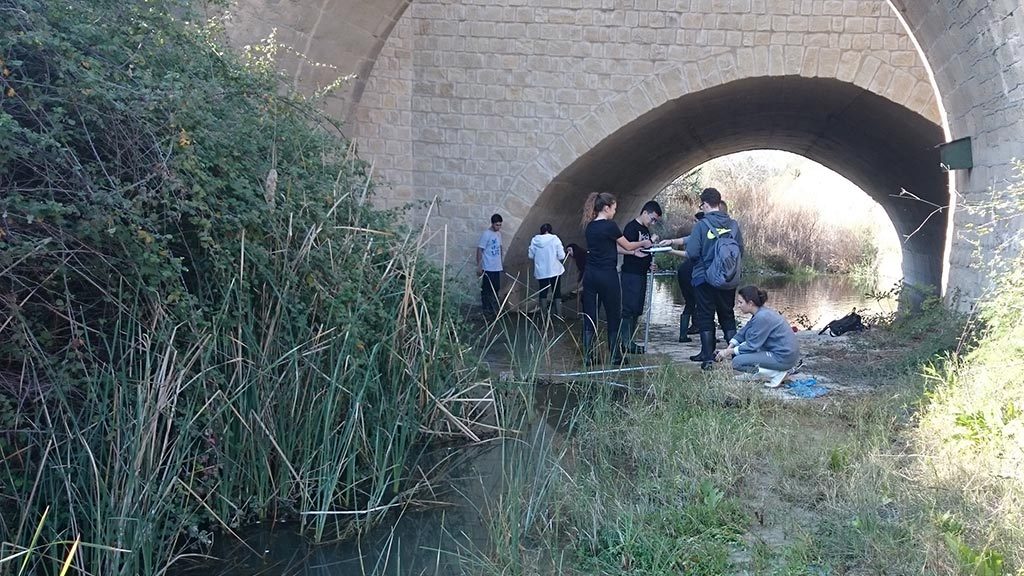CESC employs natural sciences and biology scientists who have experience in both education and research. We have two well-equipped laboratory/classrooms with seating for 40 people each, as well as a study / rest / games room with seating for 15. A library of books of general and specific environmental interest is also available to the students.
All the necessary equipment for fieldwork and lab follow-up is available, including flowmeters, clinometers, levels, drying oven, oxygen, pH and conductivity meters etc. An extensive databank of background information sheets, recording tables and analysis sheets are also available for each study day, any of which can be adapted to suit the requirements of any group.
Educational Programmes
All our educational programmes are based on long-term experience and multi-disciplinary scientific approach. They are designed to meet the specific needs of each group of students visiting us, from Primary Level through to IGCSE.
There is no better classroom for learning about nature and the landscape than the countryside itself.
State Schools
The programs are designed to comply with the Ministry’s Environmental Education (EE) / Education for Sustainable Development (ESD) Curriculum of the Ministry of Education and Culture, and respond to the desired results of the global Sustainable Development Goals (SDGs).
All programs can be adapted to the needs and requirements of each group of students.
Water Trail
Half Day
Children familiarise themselves with water as a resource, its significance, uses (both past and present), problems, solutions and geological relevance. Using a village map, children look for pre-determined water related sites, as in a ‘treasure hunt’, completing an information sheet with missing sections.
Marine Litter Investigation
Half Day
Children learn how to identify all kinds of marine litter on a sandy shore and record them on online. This study tries to sensitise younger generations about the problem of litter in a marine and coastal ecosystem and tries to give solutions to the generator of the problem.
The Avakas Gorge
Half Day
Fascinating walk discovering the geological history of a steep gorge into a Natura 2000 protected area within the National Forest Park of Akamas. Look at how rock types are related to the shape and characteristics of the landscape, exploration of a valley system which cuts through several distinctive geologies with spectacular features.
G.C.S.E., IB, A Level Study Options
ECOLOGICAL STUDIES (ALSO BIOGEOGRAPHY)
Biomass Study
Full Day
Investigating the terrestrial invertebrates within a grassland habitat with the use of random sampling, identifying ecological interactions between them and seeing how they keep an ecosystem in a balance by examining their biomass with the use of pyramids of numbers and biomass, food webs and energy transfer.
Freshwater Ecology
Full Day
Investigating two microhabitats within a river ecosystem. By examining the population size of aquatic invertebrate species and by measuring various abiotic factors, students get to calculate the biodiversity of the habitat, with the use of the Simpsons’ index.
Bio-indicator species are also used to assess the quality of the water during the investigation.




